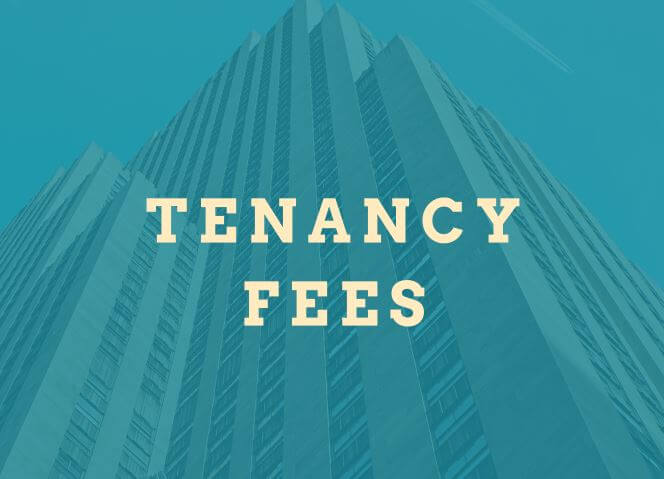The Tenant Fees Act 2019

Over half of the population now rent in the private sector due to a rise in property prices. In a time when buying a property requires savings built up over many years, renting a property can be a more achievable alternative. According to the Department for Work and Pensions the number of people privately renting between the ages of 25-44 has increased by over 10% in the last 10 years.
Those that rent will know that on top of monthly rent other costs can be incurred when entering into a new tenancy agreement. Lettings Agents, until recently, could charge additional fees for carrying out credit references and inventory checks as well as administrative costs. Depending on the location of the property the fees could range from a few hundred pounds to a several thousand pounds.
In response to the growth of the rental market the Government has, in what may be a potential blow to Landlords, passed the Tenant Fees Act 2019. From 1st June 2019 Letting Agents will only be allowed to charge, for additional fees, for a limited amount of items to include:-
1. Refundable Deposit – this can be between 5-6 weeks rent depending on the value of the annual rent;
2. Refundable Holding Deposit – this reserves property and ‘takes it off the market’ and is capped at one week’s rent; and/or
3. Utilities and Council Tax – if included as an amount paid in the tenancy agreement.
This is not an exhaustive list and Letting Agents may also charge for a tenant’s request to change or terminate the tenancy agreement early.
The new legislation, which applies to assured shorthold tenancies, licences and student lettings will undoubtedly helps renters by removing some of the excessive up front costs associated with renting. Before this the only major change to benefit Tenants was the introduction of the Deposit Protection Scheme in 2007 which requires the Landlord or Letting Agent to hold the tenant’s deposit in a protected scheme for the duration of the tenancy. The scheme governs the way in which the deposit is held and released at the end of the term, removing the power of the Landlord to withhold the deposit unreasonably.
The Act is welcomed but will it address the imbalance between the Tenant and the Landlord? The changes, on the face of it, protect private tenants from unexpected and unfair fees. However, with Letting Agents set to lose a proportion of their income they may decide that in order to cover those losses they need to charge Landlords more. In turn, Landlords may be forced to increase rents.
Gemma Gurney, a paralegal in the Commercial Property Team at Pictons Solicitors LLP says “whilst the Act shows the Government’s desire to provide tenants with a further layer of protection, we cannot ignore the fact that these additional fees now have to be borne by the Landlords, who may in turn increase the monthly rent on the property to make up the shortfall”.
If you are a Tenant or Landlord and need advice on the new legislation or any other tenancy related matter please contact Gemma on 01582 870898.